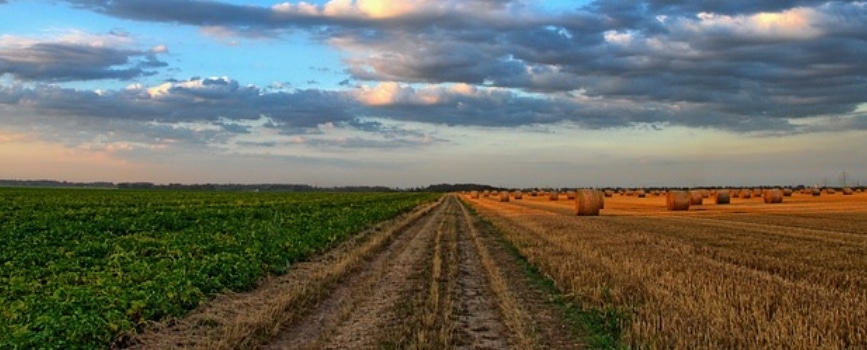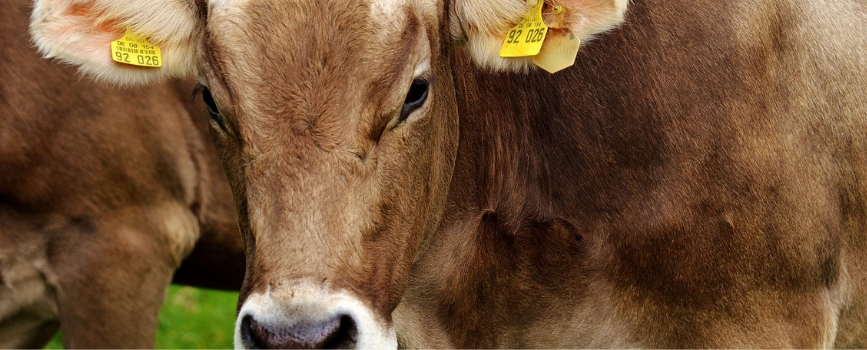Agrarian insurance or “agro-insurance” is a risk management instrument for farmers and livestock farmers in the event of adverse weather conditions and other catastrophic events caused by nature.
On this occasion, we take a look at the different types of agricultural insurance for coverages as diverse as frost, floods or droughts to diseases or the removal of animal carcasses after an accident.
But what is farm insurance in Spain and what does it mean?
The current agricultural insurance system is based on the joint intervention of public and private institutions, with the participation of 22 insurance companies.
The Spanish Agricultural Insurance System, with state subsidies to the producer for the payment of premiums, is considered one of the best in the world.
PIB Group Iberia always insists on the importance of having agricultural insurance. The reasons are the same as those for which this system was consolidated some time ago: inclement weather and catastrophes can cause terrible losses that are very difficult to bear.
The Spanish Agrarian Insurance System was forged in 1978, with Law 87/1978 on Combined Agrarian Insurance. And after more than 30 years of validity, this system is consolidated. It has different types of insurance differentiated by sector: agricultural, livestock, aquaculture and forestry.
Agricultural insurance

1.1 Combined Insurance
Combined insurance is also known as multi-risk insurance. They offer specific guarantees against specific risks that may affect the insured production.
Indemnities are determined at the plot level and premiums are set for each risk and crop area by species or variety:
- citrus,
- wine grapes,
- vegetables under cover…
In other words, they insure the damage that may occur on a farm according to its location and according to the species or variety.
1.2 Yield Insurance
Yield insurance covers adverse climatic events (floods, hail, etc.) and other natural risks that may affect a crop.
The objective is to guarantee the farmer a percentage of the insurable yields on his farm. These yields are fixed by the Ministry.
To establish premiums, insurance companies rely on the location, species and historical performance data of the insured.
Livestock Insurance
 Livestock farms have specific insurance and services for the sector. Coverage is provided for all types of cattle, sheep, goats, horses, meat and laying poultry, swine and beekeeping. Three types of insurance stand out:
Livestock farms have specific insurance and services for the sector. Coverage is provided for all types of cattle, sheep, goats, horses, meat and laying poultry, swine and beekeeping. Three types of insurance stand out:
2.1 Accident and sickness insurance
These insurances seek to alleviate this type of mishap with indemnities generally per animal.
They provide basic coverage for accidents such as injuries, drowning or drowning of animals. However, depending on each class of livestock, animals may be insured for other risks such as diseases and calving-related problems.
2.2 Drought insurance
What are drought insurance policies used for? These insurances are generally used for grazing livestock, since feed costs are increased due to lack of vegetation.
They are also common in the beekeeping sector.
2.3 Removal of dead animals on the farm
The removal of a dead animal can involve a very high and uncertain cost for the farmer.
With this type of insurance, it becomes a fixed cost that allows all costs of removal and destruction of dead animals on a farm to be covered. This removal covers both death due to natural causes and death by accident.
Aquaculture Insurance
It covers various types of damage to aquaculture species, ranging from meteorological events to decreased salinity due to rainfall, temperature variation or even disease.
4. Insurance for Forest Risks
 Forestry operations involve risks such as fire, flooding due to torrential rain, hurricane-force winds or even snow. This insurance covers part of these damages.
Forestry operations involve risks such as fire, flooding due to torrential rain, hurricane-force winds or even snow. This insurance covers part of these damages.
Fundamentally, we are not only talking about the loss of timber resulting from the fire, but also the costs incurred to regenerate and repopulate.
Many of these insurances have associated subsidies that can reduce the real cost of the policies. Do not hesitate and contact us. PIB Group Iberia will help you minimize your losses.




